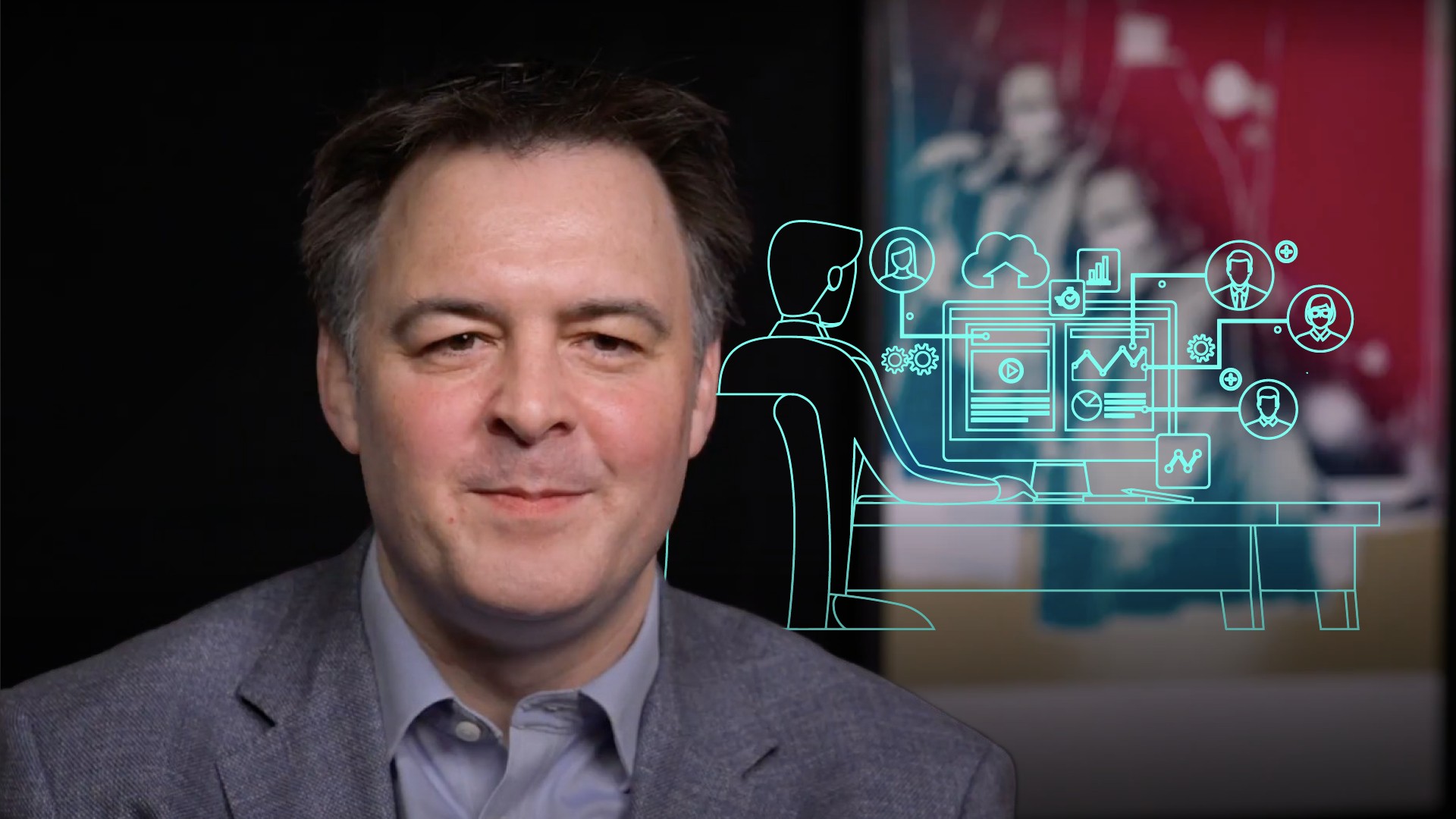
Sustainably Managing Remote Working Teams I

Christian Hunt
25 years: Behavioural science & compliance
This 2 part video series is designed for line managers looking for help in how to manage remote working teams sustainably. In this video Christian focuses specifically on on ‘home working’; as opposed to staff who are working from an office in which they are not physically present.
This 2 part video series is designed for line managers looking for help in how to manage remote working teams sustainably. In this video Christian focuses specifically on on ‘home working’; as opposed to staff who are working from an office in which they are not physically present.
Subscribe to watch
Access this and all of the content on our platform by signing up for a 7-day free trial.

Sustainably Managing Remote Working Teams I
21 mins 22 secs
Key learning objectives:
Identify how remote working is different
Outline the challenges and opportunities of remote working
Overview:
In a remote environment, we lose the ability to use our senses in the way we usually do. We're relying on technology to give us an idea of what our team is up to, and we're losing the chance to practically and metaphorically keep an eye on things. Digital interactions often contain friction; it takes a lot more time for us to communicate with our teams and a greater chance that the nuances of conversation will be misunderstood.
Subscribe to watch
Access this and all of the content on our platform by signing up for a 7-day free trial.
In what way is remote working different?
- Lack of easy access to information - The lack of employee interaction has a severe impact on the way we build relationships with others and interact with them. But it also prevents the sharing of information that might not warrant a formal conversation, but which is nevertheless useful
- Lack of face-to-face interaction - This can lead to dynamics where managers believe that their teams are not working as hard or as efficiently as they would be in the workplace.. It is also worth focusing on the fact that with less regular interaction, any 'negative' experience, will take on a much greater significance
- The home environment is often not optimised for remote working - People have had to improvise home working solutions, particularly under COVID. Working at home is easier if you have a dedicated home office and a lot more tougher for staff who are sharing a house with several other people
- Domestic distractions - For many people going to the office was a helpful distraction that allowed them to disengage from their domestic lives; whether that’s to clear their head, or in more severe cases to escape a difficult relationship. Remote working removes that option
- Social Isolation - The Office not only provides a physical working atmosphere, but also provides informal social interactions that allows us to build relationships. Although introverts will initially appreciate the fact that they no longer need to have forced contact with others, in the longer term, isolation may lead any employee to feel that they no longer belong to their organisation
- Serendipity - Remote working reduces the number of serendipitous moments we all have
- Shared experience - One of the benefits of an office environment is that it gives a commonality of experience. The physical environment drives many aspects of culture
Subscribe to watch
Access this and all of the content on our platform by signing up for a 7-day free trial.

Christian Hunt
There are no available Videos from "Christian Hunt"





























